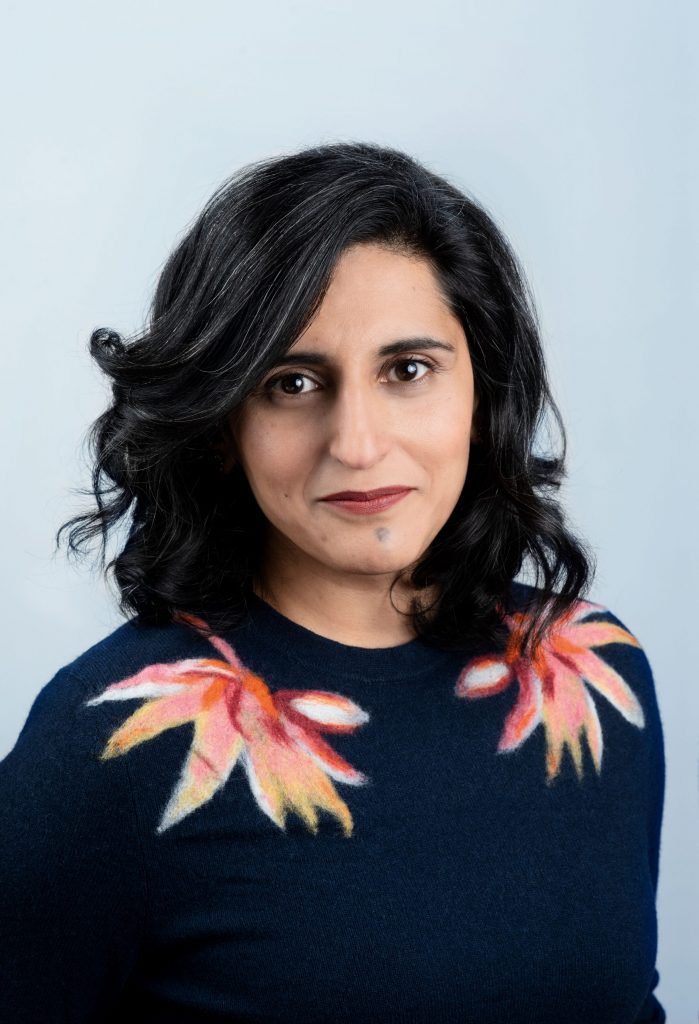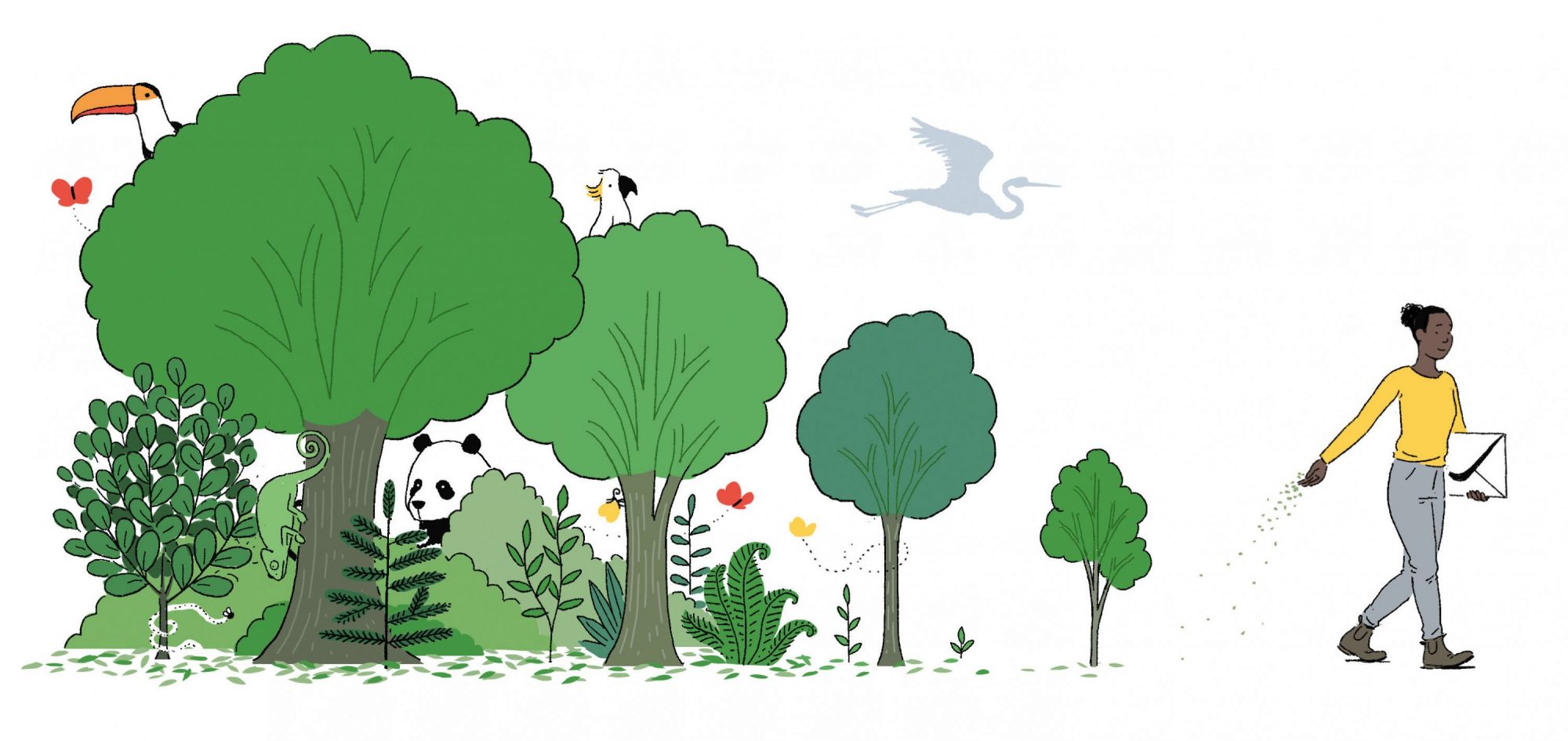Outbox 94

Editor’s Letter
Welcome to Michaelmas Term CAM – and a special edition focused on finding solutions to the climate emergency.
Rapid transition is possible. Complicated? Yes. Requiring both political and individual action? Of course. Net zero is not the end game. But it is possible – we can make change and it will work.
How? CAM sets out to uncover how academics and students across Cambridge are addressing the key issues, from what we need to do now to make rapid transition a reality to landscape generation. We examine the work of Cambridge scientists, engineers and architects as they create sustainable materials and highlight the efforts of Cambridge alumni as they work around the world to renew the planet.
The actions of the next 10 years will determine what our planet will look like at the end of the 21st century. This issue of CAM is just a snapshot of the work being done in Cambridge now to understand, ameliorate and shape that reality.
To find out more about the work taking place in all departments, from Physics to Anthropology, please visit zero.cam.ac.uk.
And meanwhile, on these topics – and on all things Cambridge related – we look forward to your contribution to the debate: online, by post, email or on social media.
Mira Katbamna (Caius 1995)
Outbox
What are your wishes for a green future? We asked University experts to tell us the changes that will make the most difference in their area of research.

My wish is that those of us in wealthy countries will consider how difficult the energy transition will be for many parts of the global South. Access to any form of reliable energy is unequally distributed. Rather than simply preaching about the risks we all face, we need to work hard both on financing for energy distribution and on technical innovations that are relevant to the vast majority of the world’s population.
Professor Stephen J Toope, Vice-Chancellor
Evidence shows that some actions for, say, reversing deforestation or reducing methane are effective: others are not. Without building on previous experience, using the scientific literature and establishing processes for adaptive learning, it is likely that eye-watering expenditure will be squandered.
Professor William Sutherland, Department of Zoology
Focus on solving 80 per cent of the problem in 20 per cent of the time… ‘perfect’ is the enemy of ‘good’ here. Forget about dunkelflaute: it doesn’t make the 80:20 cut. Electrify everything possible immediately. Stop fugitive methane. Develop international agreement on deployment of precious biofuels in the most difficult to abate sectors.
Professor David Cebon, Department of Engineering
In 2009, at COP15, countries pledged that by 2020, $100 billion a year would finance projects to reduce emissions or adapt to climate impacts. More broadly, trillions will be needed on clean energy infrastructure. Both objectives are off-track, so COP26 offers a chance to show climate action is more than just rhetoric.
Dr David Reiner, Cambridge Judge Business School
Biodiversity is critical to global sustainability, necessary for healthy lives, wellbeing, food and ecosystems. Biodiversity includes humans, and the most biodiverse areas are home to tribal peoples. Protection of tribal peoples’ lands rights will effectively sustain them; stop colonial conservation removing people from land.
Professor James Wood, Department of Veterinary Medicine
As the climate heats up, we must decarbonise the built environment, especially for those living informally. Data-driven design for a built environment can critically generate contextualized net-zero solutions by integrating the hard data on changing climate with the soft collective intelligence about people, places and practices.
Dr Ronita Bardhan, Department of Architecture
A global shift is needed in what we consider ‘progress’ to align environment, population health and economics. My own personal field of research is ageing, and I would like to see a societal life course approach to improving healthy lives as we age, in a sustainable and equitable manner.
Professor Carol Brayne, Cambridge Public Health
Avoid knee-jerk reactions to tackle a single issue: the environment is a complex interrelated system. The ‘no plastic’ movement is far too simplistic. Appropriate plastic food packaging saves huge amounts of food wastage. Longer-term, stop single-use anything (not just plastics), capture end-of-life plastic and recycle effectively into high-quality new material.
Dr Claire Barlow, Department of Engineering
Rethink technologies from a sustainability and ease of recycling/reuse perspective; be more upfront and realistic about the fundamental limits of different technologies; and ensure that research attacks both short- and longer-term goals, with funding timescales that match the challenges.
Professor Clare Grey, Yusuf Hamied Department of Chemistry
My hope is that the world’s centres of legal and governance education, and the most dedicated law, public policy and other students, can help to bridge the ‘capacity chasm’ that is gaping in our path ahead, to advance implementation and compliance with climate change commitments towards sustainability on all levels.
Professor Marie-Claire Cordonier Segger, Lauterpacht Centre for International Law
After two decades of underinvestment, declining productivity and mounting climate and ecological risks, there is now an opportunity for a globally coordinated response towards investing in future-proofed sustainable assets, contributing to a sustainable and resilient recovery and transition to net zero emissions.
Dimitri Zenghelis, Bennett Institute for Public Policy
Write to us
We are always delighted to receive your emails, letters, tweets and facebook posts.
- By email
- cameditor@alumni.cam.ac.uk
- By writing
- CAM, 1 Quayside, Bridge Street, Cambridge, CB5 8AB
- By Twitter
- @Cambridge_Uni
- By Facebook
- facebook.com/cambridgealumni
Please mark your letter ‘For publication’. Letters may be edited for length.



